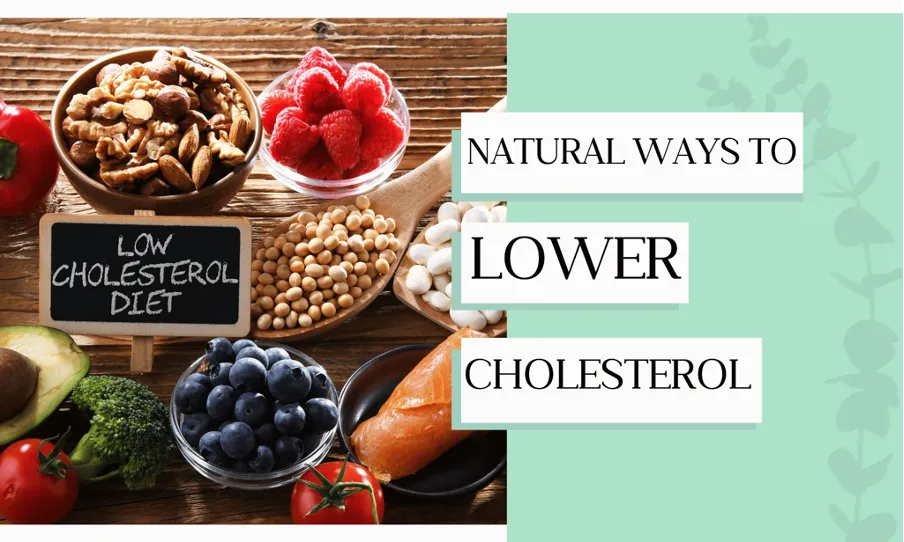Managing cholesterol levels is a significant aspect of maintaining cardiovascular health. While various factors contribute to high cholesterol, dietary habits play a role. Adopting specific nutritional strategies can support the body’s ability to regulate cholesterol. Here you can explore some dietary approaches to lowering high cholesterol.
Choose Heart-Healthy Foods
Selecting foods that are beneficial for heart health is a step towards lowering high cholesterol. This involves focusing on unsaturated fats, which are often found in plant-based sources. Try incorporating foods like avocados, nuts, and seeds into your diet to provide these types of fats. Olive oil is another excellent source and can be used in cooking or as a salad dressing.
Another category of beneficial foods includes those rich in omega-3 fatty acids. Fatty fish such as salmon, mackerel, and trout are well-known for their omega-3 content. For individuals who do not consume fish, plant-based sources like flaxseeds, chia seeds, and walnuts offer an alternative way to include these necessary fatty acids in their diet.
Limit Saturated and Trans Fats
Conversely, limiting unhealthy fats is crucial for cholesterol management. Saturated fats, common in red meat, full-fat dairy, and certain tropical oils, should be consumed in moderation. Trans fats, often found in processed foods and partially hydrogenated oils, are particularly harmful and should be avoided. Reading food labels is a key strategy for identifying and reducing your intake of these detrimental fats.
Increase Fiber-Rich Choices
Dietary fiber, particularly soluble fiber, is highly effective in helping to manage cholesterol. Soluble fiber can bind with cholesterol in the digestive system and help remove it from the body. Excellent sources of soluble fiber include:
- Oats and barley
- Legumes, such as beans, lentils, and chickpeas
- Fruits like apples, pears, and citrus
Increasing your intake of these foods can contribute significantly to your dietary goals. Starting your day with a bowl of oatmeal or adding a side of beans to your lunch are simple ways to boost your fiber consumption. A diet rich in a variety of plant-based foods will naturally provide a good amount of both soluble and insoluble fiber.
Adopt Balanced Eating Habits
Beyond individual food choices, your overall dietary patterns significantly influence cholesterol levels. Structured eating plans, such as the DASH (Dietary Approaches to Stop Hypertension) diet or a Mediterranean-style diet, offer a comprehensive framework. These approaches prioritize whole grains, fruits, vegetables, lean proteins, and healthy fats while limiting processed foods, sugar, and unhealthy fats.
Consistency in these eating habits is more effective than sporadic healthy meals. Planning and preparing meals at home provides greater control over ingredients and portion sizes. This disciplined approach is beneficial for sustained cardiovascular wellness.
Take Control of High Cholesterol
Making deliberate and informed food choices is a powerful way to address high cholesterol. By prioritizing heart-healthy fats, limiting saturated and trans fats, increasing fiber, and adopting a balanced eating pattern, you can create a diet that supports your cardiovascular wellness. These dietary adjustments, when consistently applied, form a solid foundation for managing cholesterol. To develop a personalized plan that suits your specific health needs and goals, consult with a healthcare provider or a registered dietitian.

